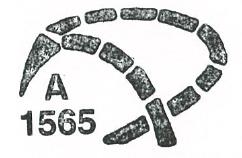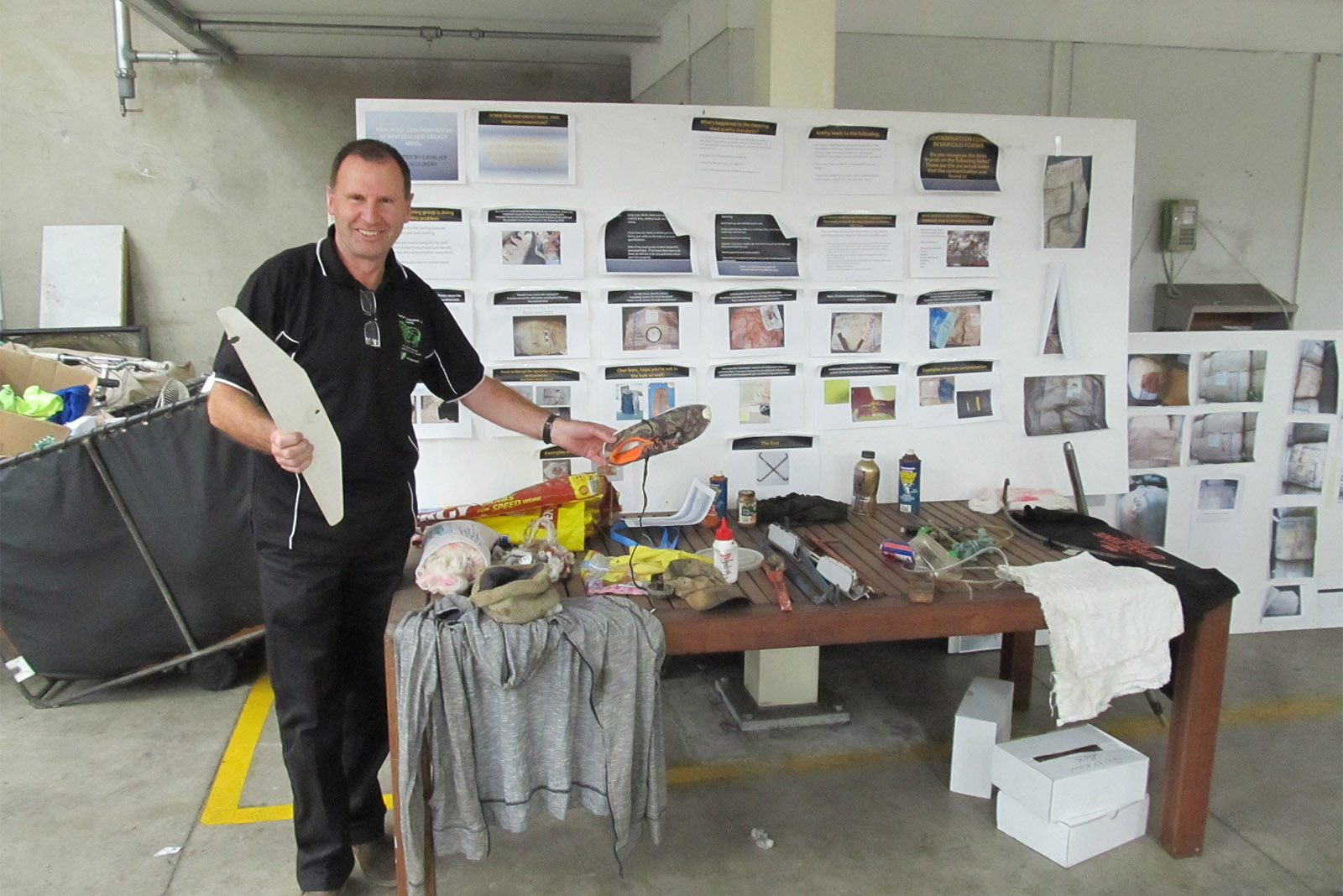Featured Member:
Sonya Johansen, A1099
Loch Linnhe Polwarths
photo by Sophie Scott (Associate Member)Featured Member (photo by Jan McKenzie):
Allan Paterson, FD713
Welcome to the New Zealand Wool Classers Association
Fostering and supporting quality education, harvesting and presentation standards in the wool industry.
Latest News:
NZWCA December 2025 Newsletter
Our latest Industry Newsletter is available – December 2025 Read more...
Wanaka Show fleece competition
A reminder for wool classers from Fe Howie, Livestock Manager, Wanaka A&P Show “As shearing season reaches its peak, it’s the perfect time to choose your show fleeces and set them aside for the 2026 Wanaka A&P Show. This prestigious event uses industry-standard testing to ensure your fleece is evaluated against market relevant benchmarks—giving you full confidence in the quality Read more...
July 2025 Newsletter
Please read our latest Industry newsletter Read more...
More News
NZWCA – a home for all involved in wool growing, handling, grading and classing
System Integrity
Maintain NZ’s only register of qualified classers and graders
A simple check on our website verifies stencil validity
Convene standards review process, compliance, oversee professional development
Photo by Andrew McNeill
Quality Assurance
NZWCA members who keep their registration valid are engaged and informed; their work carries quality assurance status
Setting consistently high standards for classing, grading and preparation of wool
Photo by Marg Forde
Advocacy and Education
Industry-good organization, annual awards, regular communication via website, email and social media
Demonstrable history of commitment to ensuring quality wool education and training is available
Maintain good relationships with wider wool industry as an independent organisation
Photo by Marg Forde


